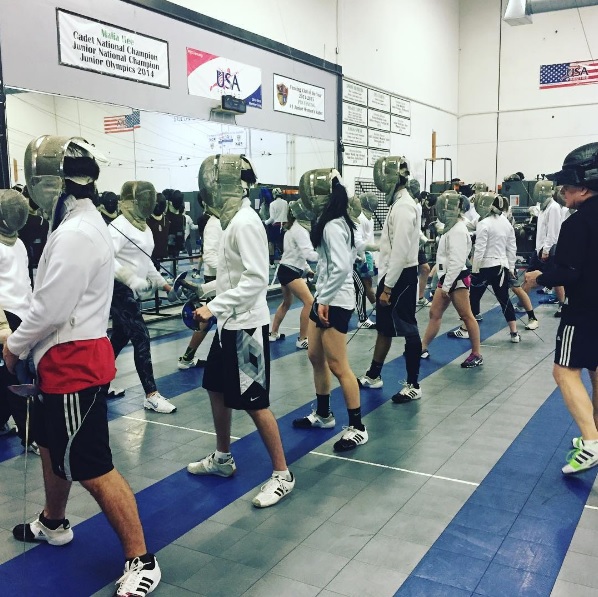We get asked all the time:
- What will it take for my child to get better?
- What will it take for me to get better?
- How can I help my child get better?
That seemingly simple question, actually has a complex answer, which can vary by each person’s unique personality, mindset and situation.
The core of our answer is that a growth mindset is necessary. Skills are built and grow with practice, experience and effort. Athletes/student/parents must focus on the PROCESS of getting better, NOT performance or outcome results. A growth mindset is the key. Four key points of getting better are
1. Effort – that’s where your class or private lesson comes in, deliberate practice during class – making the effort to really get what is being taught correct. It’s not about speed or winning the touch, its about getting the form, the technique or tactic correct. Then practicing it on different people as each person has their own unique timing, and varying responses. Keeping your competitiveness down during these practice sessions so you or your child focus on adapting to each person (it’snot winning the point during these practice sessions), is one of the main goals. If you try a new tactic on a person and it doesn’t work the first or second time, do you think “well that doesn’t work” and stop trying? This is where you must put the effort in. Think about it – did you try a different speed? a different distance? starting sooner? It works on fencer A but it didn’t work on fencer B yet. Why? Is fencer B taller, has a longer reach and legs? – then you need to adapt to that. When it doesn’t work is the opportunity to learn to change how you tried it. Embrace challenges, persevere through them
2. Challenge – you must challenge yourself. If you/your child find yourself avoiding certain fencers because you have a hard time scoring points on them them you have fallen into the trap of the fixed mindset, not allowing yourself to learn and grow. Those fencers that you have a hard time with on certain skills are the best way to learn and grow your skill. Realize that you fill that same role for those people that have a hard time with you on certain skills. We help each other learn and grow this way. Don’t back down and avoid challenging someone because you are afraid of “looking bad” or are out of your comfort zone. If you do things that work all the time and are easy you are not growing your skills. Embrace challenges, persevere through them and see them as an opportunity to grow.
3. Mistakes – making mistakes is one the biggest catalysts for getting better. Everyone makes them. Understanding the mistake you made is the first step. Analyzing why you made the mistake and how you would change it for the next time is the key to growing your skills and getting better. A “big” mistake is many times the biggest learning opportunity. You can help your child the most after a loss of a match by being completely NON-judgemental. Try to get your child to start thinking by asking a simple question: “if you could fence that person again what would you do differently?” Let him/her really think about it – that will snap them out of a “losing” mindset and change to a growth mindset quickly. Have him/her/you write it down so the fencer can go over it with the coach. Implementing the recommended changes after a mistake takes once back to point 1 – effort and to point 2 – challenge yourself to make the change.
4. Feedback – the information from feedback is very important for growth. During a match a coach has less than 60 seconds to give feedback, during the break at 8 points. A fencer must be ready to receive and take in the feedback and decide whether or not to accept it! After a tournament is often the best time for feedback. As a parent you need to be very aware that any critical feedback from you can be perceived as pressure to win, disappointment in results, and taken personally. If you saw your child trying hard, giving 100% effort, that is what you praise regardless of results. Quick “bounce back”, if your child is telling you what they should have done, or what the mistakes they made were, that is just great! Focus on that. It’s important that the fencer review or take the coach’s feedback quickly. Often you will find that your child will not want to review video of their fencing with you. That’s ok, The video can be an important tool for the coach and fencer, and welcome resource for feedback if done correctly.
There is a wonderful book called “Mindset” written by Carol Dweck, I highly recommend you pick up a copy, most libraries carry it. We found it so useful we returned the library copy and bought several copies so we could highlight and use parts of it in our teaching not just our students, but ourselves. What is so helpful about this book is that not only does it describe the different mindsets, it gives useful tools (common sense tools), to start to change your/your child’s mindset.

